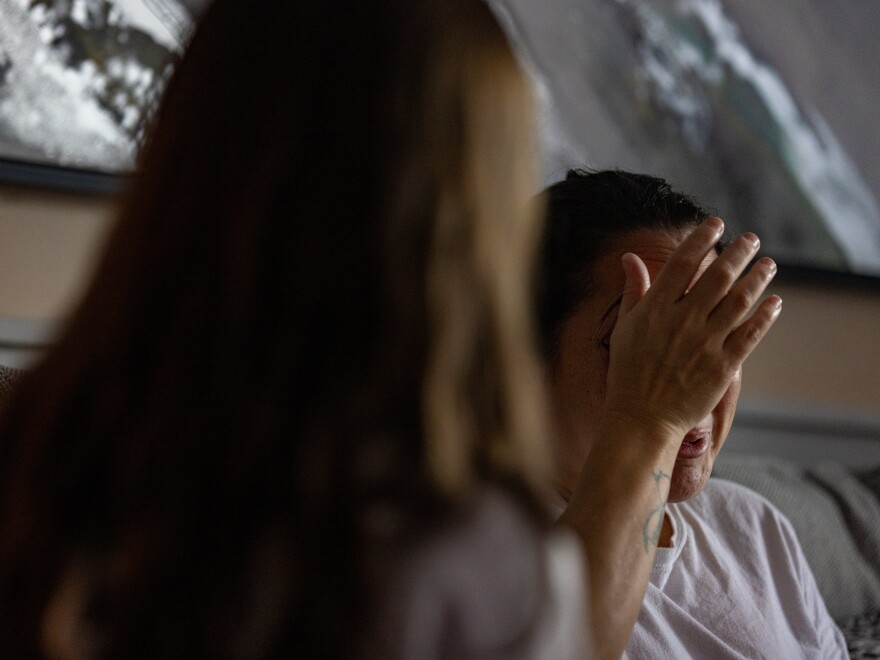BETHLEHEM, Pa. — As the immediate threat of coronavirus lessens, health care professionals are looking at the social-emotional effects of the pandemic.
COVID-19 has affected people both physically and mentally.
- The pandemic has increased the number of people with mental health conditions
- More people are experiencing anxiety disorders
- Moving the body, getting outside and connection with others can relieve stress and anxiety
“A lot of what we're seeing is anxiety and anxiety disorders, somewhat depression, but a really heightened level of OCD, obsessive compulsive disorder, social anxiety, definitely and generalized anxiety,” said Shona Moralis, a psychotherapist, author and women’s empowerment coach.
Moralis said she’s seeing people who are not easily overwhelmed struggle with the stress that came with COVID-19.
“Most of our worlds became very shrunken down and small and quiet, and so when it was time to come back and we started expanding, we're out of practice with how to communicate ... to attend large events," she said.
"Also saying that people feel very overstimulated more easily than they used to.”
"I think people are more anxious or stressed about how to cope with a different way to live.”Mary Onama, Green Lane
"I think people are more anxious or stressed about how to cope with a different way to live,” said Mary Onama of Green Lane, who recently visited downtown Bethlehem.
Onama said she was glad to be out meeting a friend for lunch, a change from the lockdown everyone experienced just a few years ago.
“People need people," she said. "People-to-people contact is very important because you cannot be isolated without feeling depressed.
"It's good for people to get out, see each other, talk to each other and spend time with each other.”
'What do we keep and bring back in?
Similarly, Moralis said building healthy habits can help to improve mental health. She suggests habits such as moving the body, getting outside, and connection with others to relieve stress and anxiety.
“All of these things are really important to help us cope with any stressors that show up,” she said.
Moralis said thinking about what people welcome into their lives can help alleviate stress and anxiety, as well, as everyday lives return to the way it was before the pandemic.
“Most of us have expanded our worlds once again and kind of opened things up," she said. "But being intentional about what we bring into our lives or keep in our lives, whether it's people, commitments.
"Our world was quite busy and chaotic beforehand and often it got really quiet. So what do we want to keep and bring back in?”
Another suggestion from the healthcare professional is to check in with others and address concerns when they come up.
She said people are talking more about their mental health, reducing the stigma around the topic, and making it a priority.
So she sees that as a positive to come out of the pandemic.


